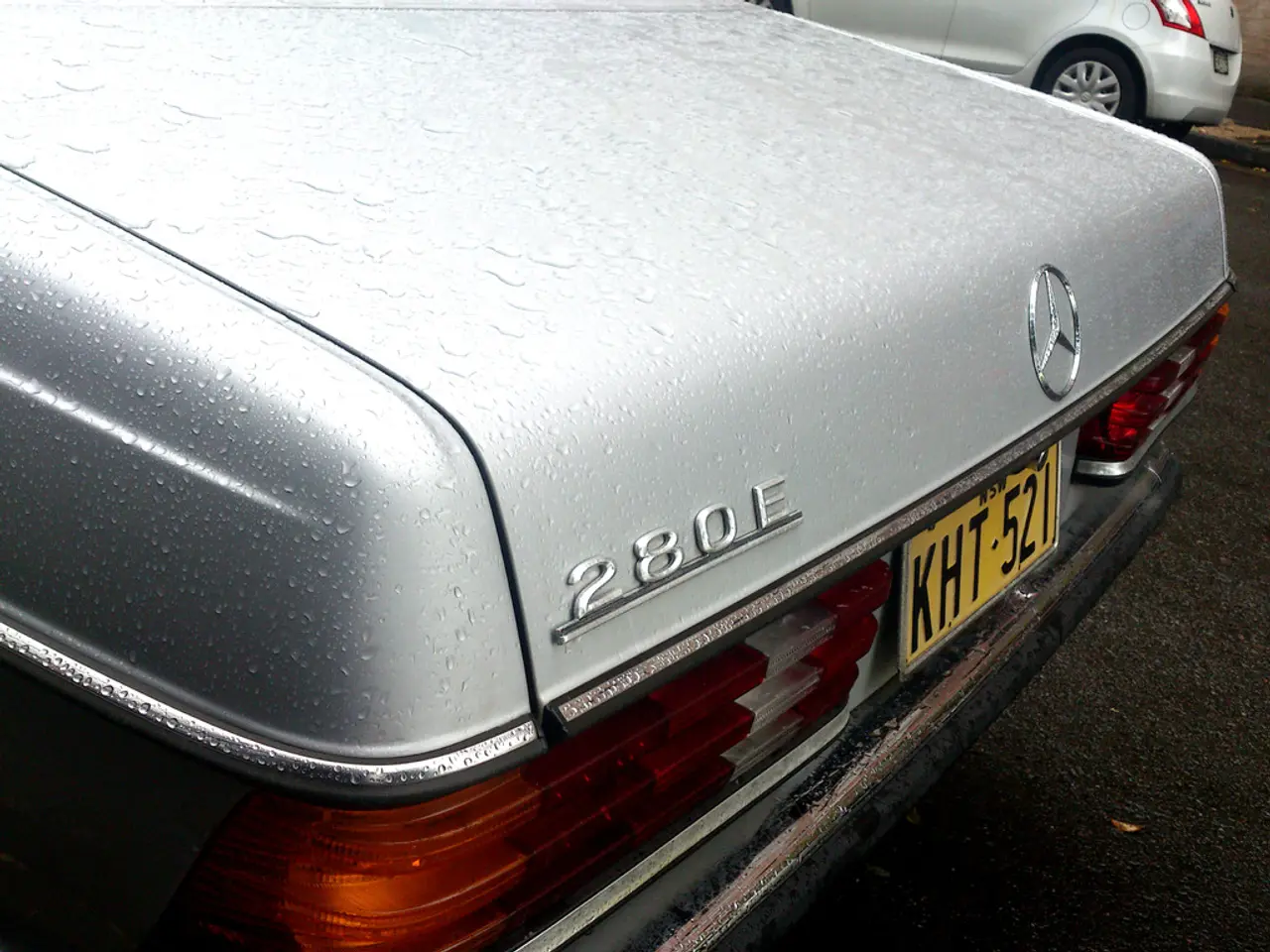Automotive giant Mercedes perceives potential threat to Europe's automobile industry due to proposed fuel bans
Mercedes-Benz CEO Urges Caution on EU's 2035 Ban on New Internal Combustion Engine Cars
In a recent interview with Handelsblatt, Ola Källenius, CEO of Mercedes-Benz and president of the European automakers' association ACEA, expressed concerns about the EU's planned ban on new internal combustion engine (ICE) cars from 2035. Källenius argued that the ban, if implemented rigidly, could have severe consequences for Europe's auto industry and the continent's economic strength.
Källenius called for a technology-neutral approach to decarbonization, advocating that automakers should be free to use multiple technologies, including battery electric vehicles, to reduce emissions. He warned that a fixed deadline for the ban could cause economic disruption at a time when demand in the auto industry is fragile, Chinese competitors are growing, and supply chains face tension.
The Mercedes-Benz CEO highlighted the potential for a "last-minute surge" of consumers purchasing petrol/diesel cars before 2035, which would undermine climate goals and distort the market. Instead, he suggested accelerating the adoption of electric vehicles (EVs) through tax incentives, transparent low charging prices, and improved public charging infrastructure.
Källenius also pointed out the infrastructure challenges associated with building a comprehensive charging network, suggesting that it could take 10-15 years, and progress so far has been insufficient to support the envisioned timeline. He urged policymakers to allow flexible, economically sound, and technology-neutral strategies to decarbonize the car industry rather than imposing a strict ban that risks collateral damage to Europe's industrial strength and climate ambitions.
Despite his concerns about the EU's ban, Källenius did not specify an alternative to the ban or discuss any specific strategies for reducing emissions from Mercedes-Benz vehicles in the absence of internal combustion engines. He did mention that car manufacturing is a tough business, with the European car market potentially collapsing if no new cars with diesel or gasoline engines are allowed from 2035 onwards. Källenius described the current state of the automotive industry as experiencing heavy rain, hail, storm, and snow, with the sector under pressure from high U.S. tariffs and persistent consumer hesitancy.
In conclusion, Källenius urged policymakers to approach the EU's planned ban on new ICE cars with caution, emphasizing the need for a reality check to avoid heading "full speed into a wall." He did not discuss the potential benefits of the ban for the environment in this paragraph.
The CEO of Mercedes-Benz, Ola Källenius, advocated for a technology-neutral approach in the car industry, suggesting that automakers should be given the freedom to employ various technologies such as battery electric vehicles, to address the climate crisis. He warned that a rigid ban on new internal combustion engine cars could have repercussions on the European auto industry and the continent's economic stability, particularly in an era marked by fragile demand in the auto industry, emerging Chinese competitors, and tense supply chains.




